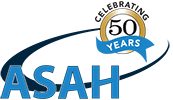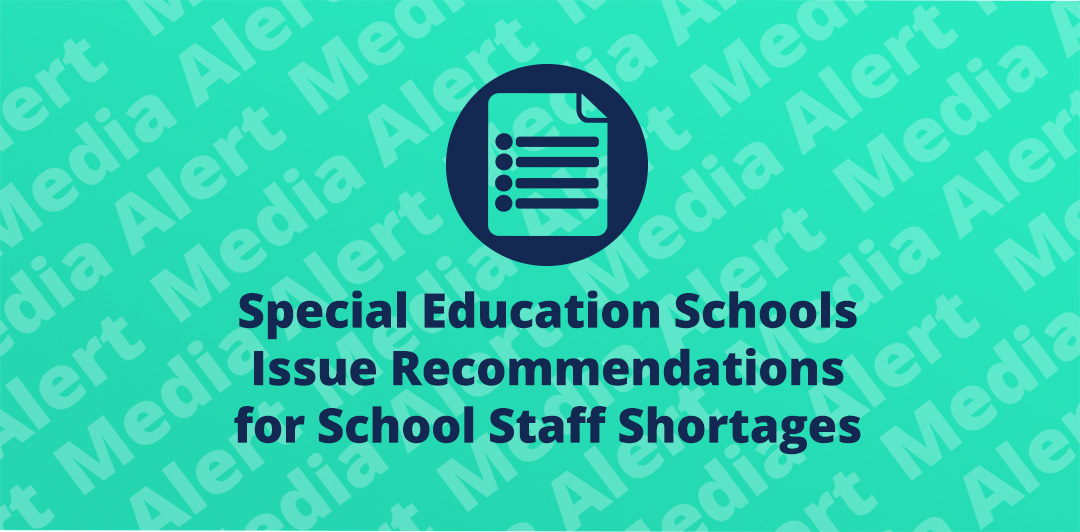Educating New Jersey’s Most Vulnerable Students with Disabilities: The School Staff Shortage Crisis at Approved Private Schools for Students with Disabilities
ASAH, a membership organization of more than 130 state-approved special education schools, has issued a report on the staffing needs to serve students with severe and complex disabilities. The report arrives on Governor Murphy’s desk the same day as his own Task Force on Public School Staff Shortages is scheduled to deliver theirs.
- Click here for the Press Release [PDF]
- Click here for the Executive Summary [PDF]
- Click here for the Final Report: Educating New Jersey’s Most Vulnerable Students with Disabilities: The School Staff Shortage Crisis at Approved Private Schools for Students with Disabilities [PDF]
Media Inquiries: Contact ASAH 609-890-1400.
RELEASE TEXT:
January 31, 2023
FOR IMMEDIATE RELEASE
Contact: John J. Mulholland, Jr., Esq., Executive Director, ASAH 609-475-5214
Special Education Schools Issue Recommendations for School Staff Shortages
TO THE POINT: ASAH, a membership organization of more than 130 state-approved special education schools, has issued a report on the staffing needs to serve students with severe and complex disabilities. The report arrives on Governor Murphy’s desk the same day as his own Task Force on Public School Staff Shortages is scheduled to deliver theirs. The 23-member task force appointed by the Governor did not include a representative of the private special education sector.
Trenton, NJ – Advocates for children with severe and complex disabilities have sent a new report to Governor Phil Murphy with recommendations to help address school staff shortages at state approved private special education schools (APSSDs). The report produced by ASAH, a membership organization of more than 130 state-approved special education schools, arrives on his desk the same day as his own Task Force on Public School Staff Shortages is scheduled to deliver theirs. The 23-member task force appointed by the Governor did not include a representative of the private special education sector.
There are nearly 10,000 New Jersey public school students with severe and complex disabilities who are served by APSSDs. The schools are an important safety net for local public schools, who are responsible under state and federal law for delivering appropriate and individualized special education services. Private special education schools are part of the required “full continuum” that must be made available to students with disabilities.
“While ASAH schools may be private, the students are public school students, placed by local districts at no cost to parents when the local school is unable to provide the right level of care and expertise, and the kind of specialized instruction a child needs,” said John J. Mulholland, Jr., Esq, Executive Director.
“There is the perfect storm. There is an increase of teacher attrition, an increase in the number of students receiving special education services, pandemic-related learning loss, new mental health challenges and now, a new report that autism is on the rise,” he said.
While the shortage of school staff is affecting all students, there are unique challenges and solutions to better serve students with disabilities who are placed by sending districts in New Jersey’s APSSDs. ASAH’s report lays out more than 20 concrete recommendations centered around strategies to address staff retention, improve teacher preparation programs, improve career ladder and professional development, compensation and benefits, and certification and teacher credentialing as they relate to APSSDs. The vast majority of the recommendations would require no legislative action.
“ASAH sincerely hopes that leaders in Trenton will consider these unique challenges and solutions, alongside the recommendations provided by the Governor’s Task Force on Public School Staff Shortages in New Jersey,” concluded Mulholland. “Our schools and the students they serve are in crisis and need solutions that will address their needs.”
###

